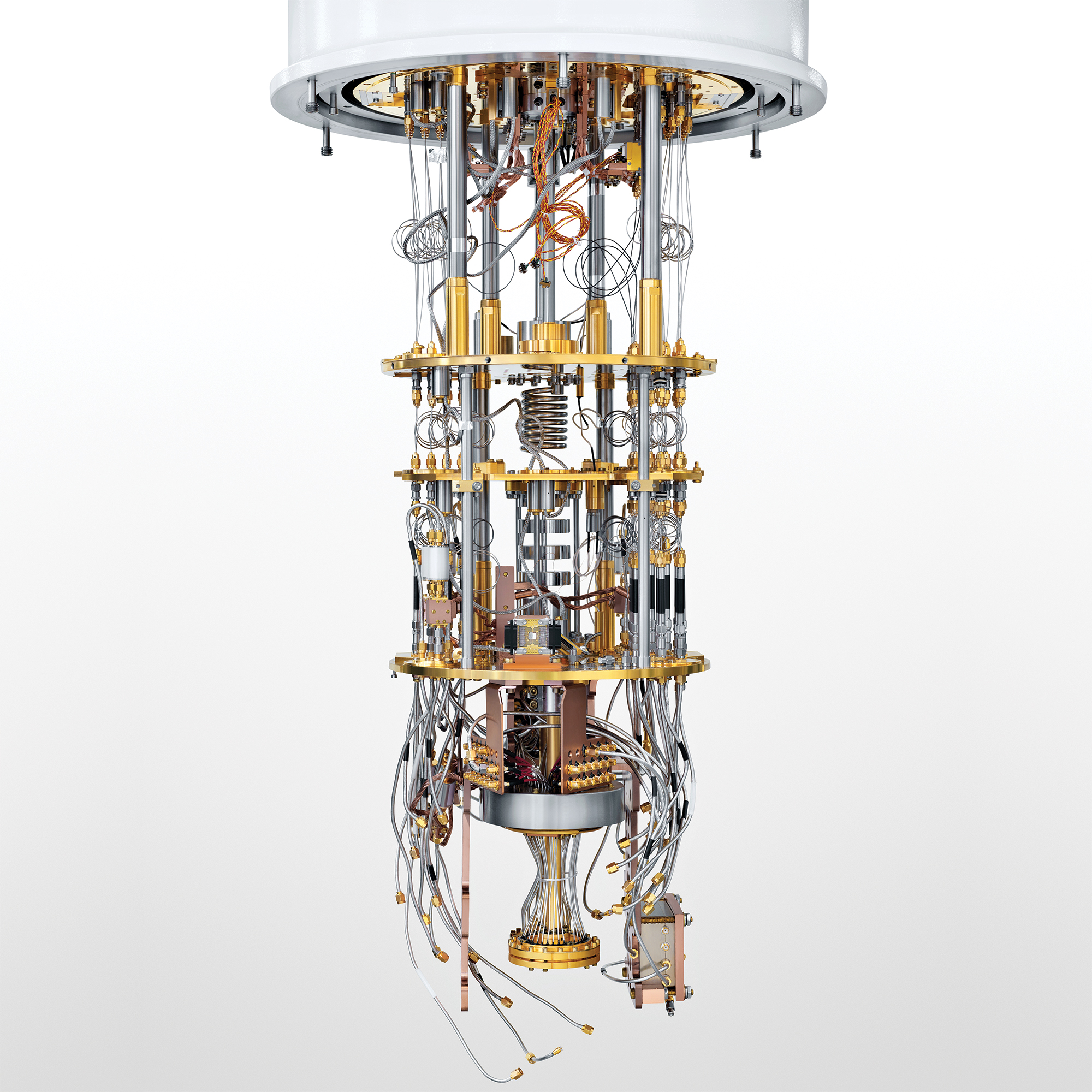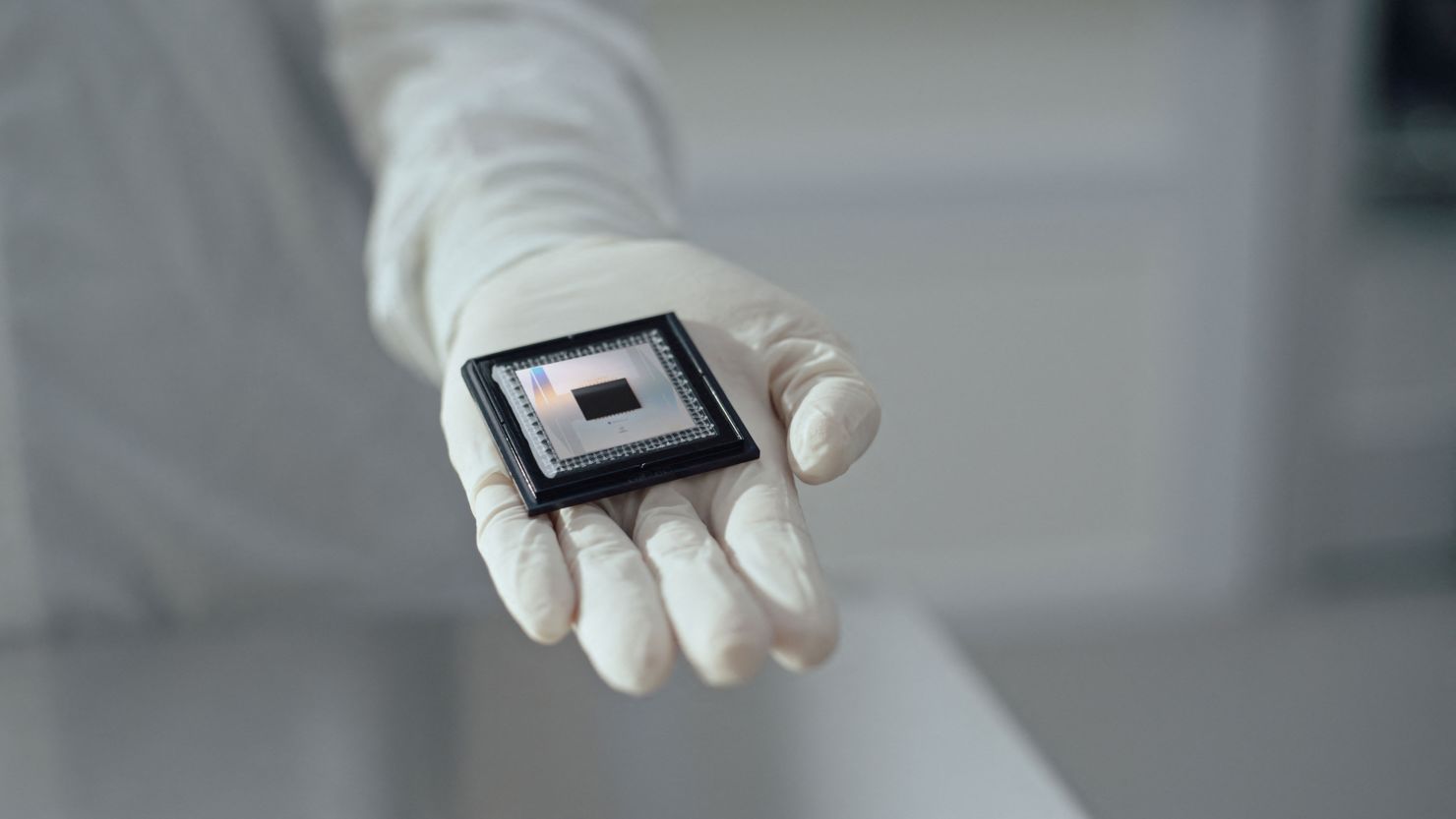For thousands of years, humans have been driven by curiosity, seeking to uncover the hidden secrets of the universe.
We’ve invented tools, machines, and even supercomputers to solve complex problems and answer challenging questions.
Yet, some problems are so vast and intricate that even the fastest supercomputers fail to solve them.
This is where quantum computing enters the picture—a revolutionary technology that promises to tackle the impossible.
Recently, Google introduced a groundbreaking quantum chip called Willow.
This chip is unlike anything we’ve ever seen before.
It’s designed to solve problems that would take conventional computers an incomprehensibly long time to compute.
Here’s how impressive it is: Willow solved a problem in just five minutes.
For comparison, the fastest supercomputer would take 10 septillion years—that’s 10 followed by 24 zeros—to solve the same problem.

To put it in perspective, 10 septillion years is longer than the age of the universe.
This is not just a technological advancement; it’s a breakthrough.
For Google, Willow represents a major step forward in quantum computing—the most significant progress in this field in nearly three decades.
But what exactly is quantum computing, and why does it matter?
What is Quantum Computing?
Imagine your regular computer is like a librarian.
When you ask this librarian a question, they look for the answer by flipping through books one at a time.
The librarian is very fast and efficient but can only focus on one book at a time.
Now, imagine a magical librarian—one who can read every page of every book all at once.
This is how quantum computers work.
Unlike regular computers that process tasks sequentially, quantum computers can process multiple tasks simultaneously.
This ability to analyze vast amounts of information at once is what makes quantum computing so powerful.
But don’t worry, quantum computers aren’t designed to replace your laptop or desktop.
They are not meant for everyday tasks like checking emails, browsing the internet, or writing documents.
Instead, quantum computers are built to solve massive, complex problems that are beyond the reach of traditional computers.

Why Do Quantum Computers Matter?
The potential of quantum computing is limitless.
Here’s how they can change the world:
1. Discovering New Medicines:
When scientists develop new medicines, they must analyze millions of chemicals and test different combinations.
This process can take years using regular computers.
A quantum computer can run these simulations and find the best formula in just hours.
This means we could cure diseases faster and more efficiently than ever before.
2. Perfect Weather Predictions:
Weather forecasting is incredibly challenging because of the vast number of factors involved.
With quantum computers, scientists could analyze these factors with precision, leading to accurate weather predictions.
This could help save lives during natural disasters like hurricanes and floods.
3. Advancing Artificial Intelligence:
Quantum computing could make AI smarter and more capable.
From self-driving cars to advanced robotics, quantum technology could take AI to a whole new level.
4. Creating New Technologies:
Quantum computing opens the door to innovations we can’t even imagine today.
It’s like unlocking a treasure chest of ideas that could redefine our future.
This is why countries and companies around the world are investing heavily in quantum technology.
A Global Race
The United States is currently leading the world in quantum computing research and development.
The U.S. government and private companies like Google are heavily involved in pushing this technology forward.
China, however, has invested the most money into quantum technology, with an estimated $15 billion in funding.
Europe, Japan, and India are also making significant strides in building quantum ecosystems.
India, for example, has committed nearly $500 million to develop its quantum technology capabilities.
The race to harness the power of quantum computing is truly global.
The Challenges Ahead
Despite its promise, quantum computing is still in its early stages and faces several challenges.
1. Experimental Nature:
Quantum chips like Google’s Willow are powerful but largely experimental.
They aren’t ready to solve real-world problems just yet, and it could take years—possibly decades—before they are practical for widespread use.
2. Fragile Technology:
Quantum computers use something called qubits, which are incredibly delicate.
They require extremely cold temperatures to function and are prone to high error rates.
This makes building and maintaining quantum computers a significant logistical challenge.
3. Security Concerns:
Quantum computers are so powerful that they could break today’s encryption codes.
These are the codes that keep our online information, like bank accounts and personal messages, private.
If encryption is compromised, it could lead to serious security risks.
In fact, companies like Apple are already preparing for this future.
Earlier this year, Apple announced that it was making its iMessage encryption “quantum-proof” to protect against potential threats.
The Dawn of a New Era
Quantum computing is no longer the stuff of science fiction—it’s here.
Google’s Willow chip has given us a glimpse into what the future might hold.
From curing diseases to building unimaginable technologies, quantum computing has the potential to transform our world.
But as with any powerful tool, it comes with responsibilities.
The real question isn’t what quantum computers can do, but how we choose to use them.
As we stand at the edge of this revolution, we must tread carefully and wisely.
The future is brimming with possibilities, and quantum computing might just be the key to unlocking them.



